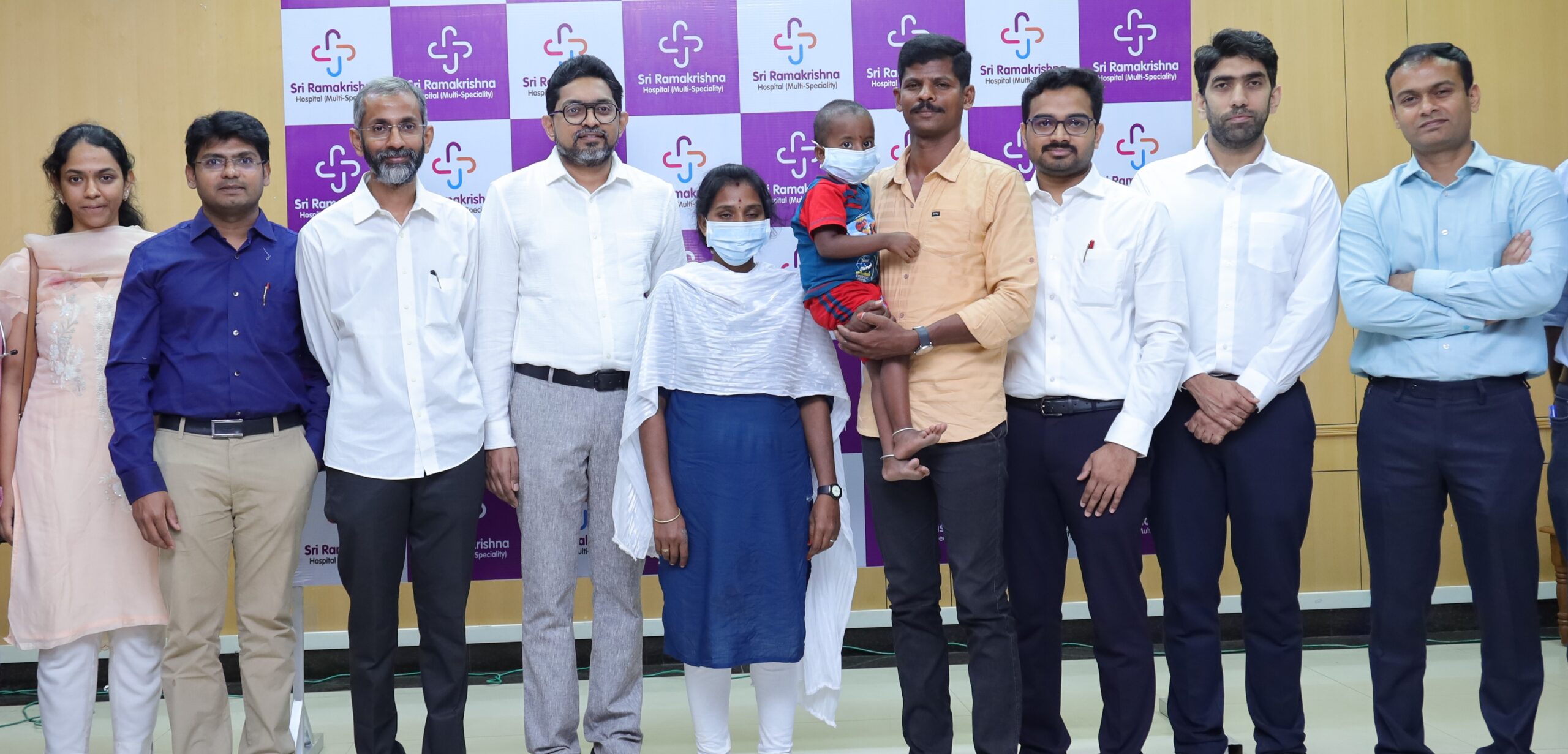Trending Now
- 830 voters names go missing in Kavundampalayam constituency
- If BJP comes to power we shall consider bringing back electoral bonds: Nirmala Sitaraman
- Monitoring at check posts between Kerala and TN intensified as bird flu gets virulent in Kerala
Coimbatore
Reduction on service tax on textile job work hailed
![]() June 12, 2017
June 12, 2017
The textile industry here today welcomed the reduction of service tax from 18 per cent to five per cent for textile job work units under GST.
Welcoming the decision of GST Council, Southern India Mills Association (SIMA) Chairman, M. Senthilkumar said under the current tax structure, textile job works are exempted from service tax as such activities are manufacturing processing and not servicing in nature.
“The five per cent service tax with full input tax credit would enable various textile manufacturing segments including reeling, sizing, power loom, handloom, knitting, yarn dyeing, fabric bleaching, mercerizing, dyeing, printing and finishing segments to set off their input credits and pay very minimal GST on services,” he said.
The reduction would greatly benefit the decentralized and MSME segment and have a level playing field with the vertically integrated manufacturing units.
Senthilkumar appealed to the Council to include garmenting, made-ups and other sewn textile products also under the list (charging GST at 5 per cent) as only textile yarns (other than MMF and filaments) and textile fabrics manufacturing activities have been classified under the list.
He also reiterated the demand of industry for reducing GST rate on man made fibre, filaments and spun yarn from 18 to 12 per cent as the fabric attracts only five per cent GST may be considered.
Meanwhile, Tirupur Exporters Association President, Raja M. Shanmugham in a statement thanked Union Finance Minister Arun Jaitley and Council for the reduction, which he said was a big relief to the Tirupur knitwear garment sector as all the intermediate processes of garments are being carried out by job working units, mostly MSMEs.
This has avoided the apprehension of job working units in blocking of working capital and the job working units would not be in a position to take input tax credit, he said.























